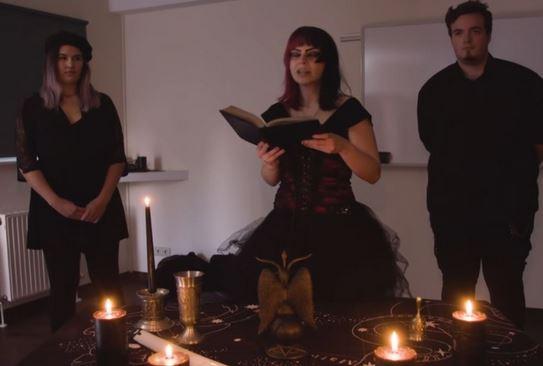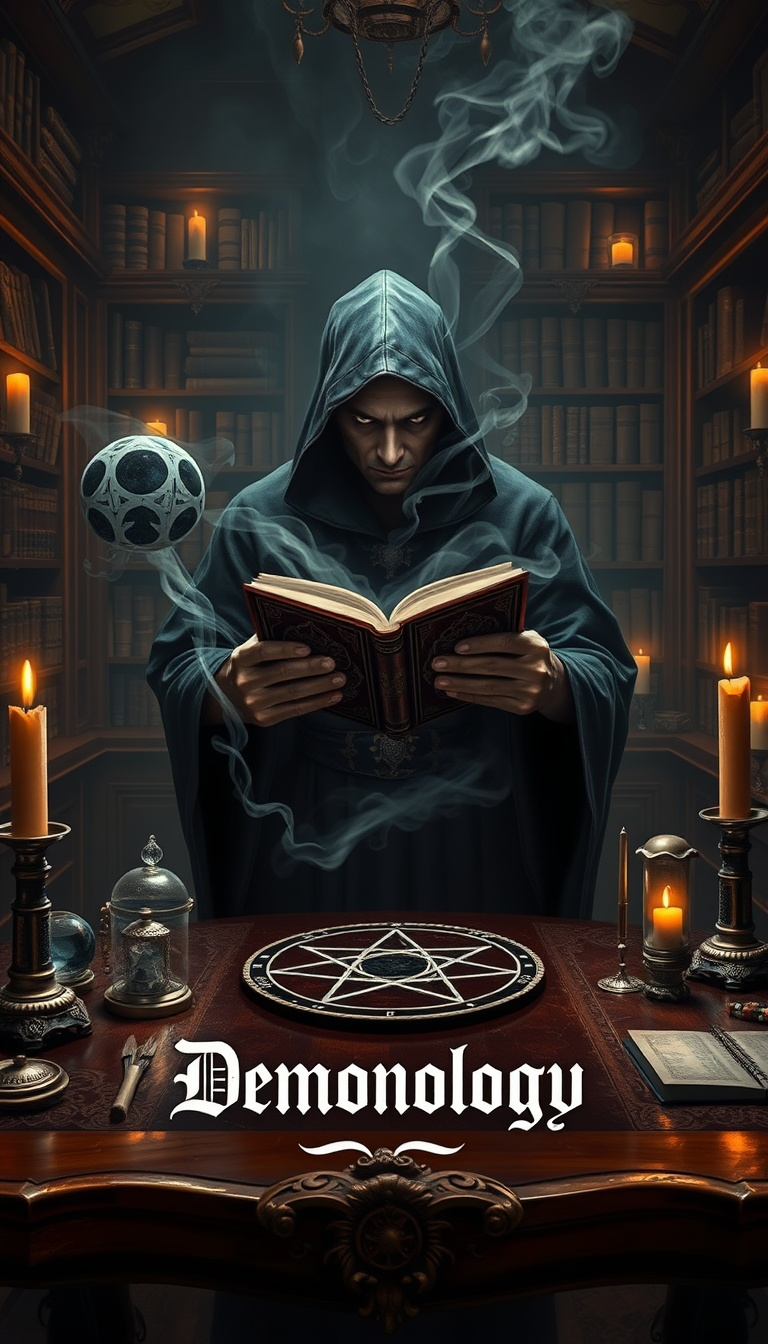
"Satanism" is a multifaceted term that can be understood very differently depending on the context—from a serious religious or philosophical movement to pop-cultural, occult, or even misunderstood representations. I'm happy to give you an overview or elaborate on specific aspects, e.g. E.g.:
LaVeyian Satanism
Founded by Anton LaVey (1966, Church of Satan)
Atheistic – Satan is a symbol of individualism, pride, self-realization
Emphasis on rationality, personal responsibility, hedonism
Theistic Satanism
Belief in Satan as a real being or deity
Often spiritually or ritualistically influenced
Can take very different forms – from Luciferian traditions to syncretic belief systems
Modern Satanic Organizations
The Satanic Temple (TST): politically activist, atheist, advocates, among other things, the separation of church and state
Emphasizes human rights, freedom of expression, scientific thinking
Satanism in Pop Culture & Media Panic
Often misunderstood or demonized (e.g., the "Satanic Panic" of the 1980s in the USA)
False perceptions through films, music, or Media Reports
Ritual or Occult Satanism
Fringe Phenomenon Related to Magic, Rituals, Symbolism
🏛️ 1. Origin: The Devil as a Concept (Before Satanism)
In Judaism & Christianity:
Satan originally appears in the Bible not as "the Evil One," but as an accuser (e.g., in the Book of Job).
Over the centuries, Satan became the personification of evil, the adversary of God, and the lord of Hell—heavily influenced by apocryphal writings, medieval theology, and art.
In the Middle Ages, the image of the devil worshipper emerged, but there were no real Satanists yet—only the idea that someone worshipped Satan.
Witch Hunts (15th–17th Centuries)
Many people were tortured and executed because they were accused of devil worship or "satanic rituals"—completely unfounded.
It was more religious paranoia than reality.
🔥 2. Modern Satanism Emerges (20th Century)
1966 – Founding of the Church of Satan
Anton Szandor LaVey, an American musician, mystic, and entertainer, founded the Church of Satan in San Francisco.
Published the "Satanic Bible" – a mix of philosophy, ritual, theatricality, and social criticism.
LaVey's Satanism is atheistic:
Satan = symbol of strength, pride, and individualism
Rejection of dogma, hypocrisy, and coercive morality
👉 This was the first documented moment when people consciously called themselves Satanists – thus, the starting point of modern Satanism.
🧨 3. The "Satanic Panic" (1970s–1990s)
Mass hysteria arose, particularly in the United States: the media, churches, and politicians claimed that there were secret "Satanic cults" that abused or sacrificed children.
Thousands of cases, mostly without any evidence. Many innocent people ended up in court.
Books, films, and TV series reinforced the image of the "evil Satanist."
Metal bands (e.g., Black Sabbath, Slayer) were also often falsely associated with Satanism – although much of it was pure provocation.
🏛️ 4. New Movements: The Satanic Temple (from 2013)
The Satanic Temple (TST) was founded as a political-activist organization – also atheist, but with a strong social commitment.
Fights for, among other things:
Separation of church and state
Bodily autonomy (e.g., abortion rights)
Religious freedom
Uses satanic symbolism in a deliberately provocative way – e.g., by erecting Baphomet statues as a counterweight to Christian monuments.
🌒 5. Theistic Satanism & Luciferianism (parallel)
Small groups or individuals truly believe in Satan or Lucifer as spiritual beings.
Often very individual or mysterious, sometimes associated with magic, rituals, esotericism, or Gnosticism.
Luciferians see Lucifer more as a "bringer of light" or "rebel against tyranny," rather than as an incarnation of evil.
✨ Conclusion:
Satanism is not a cult, but a culturally, philosophically, and spiritually diverse movement that—whether serious or symbolic—always has something to do with rebellion against norms, self-determination, and critical thinking.


